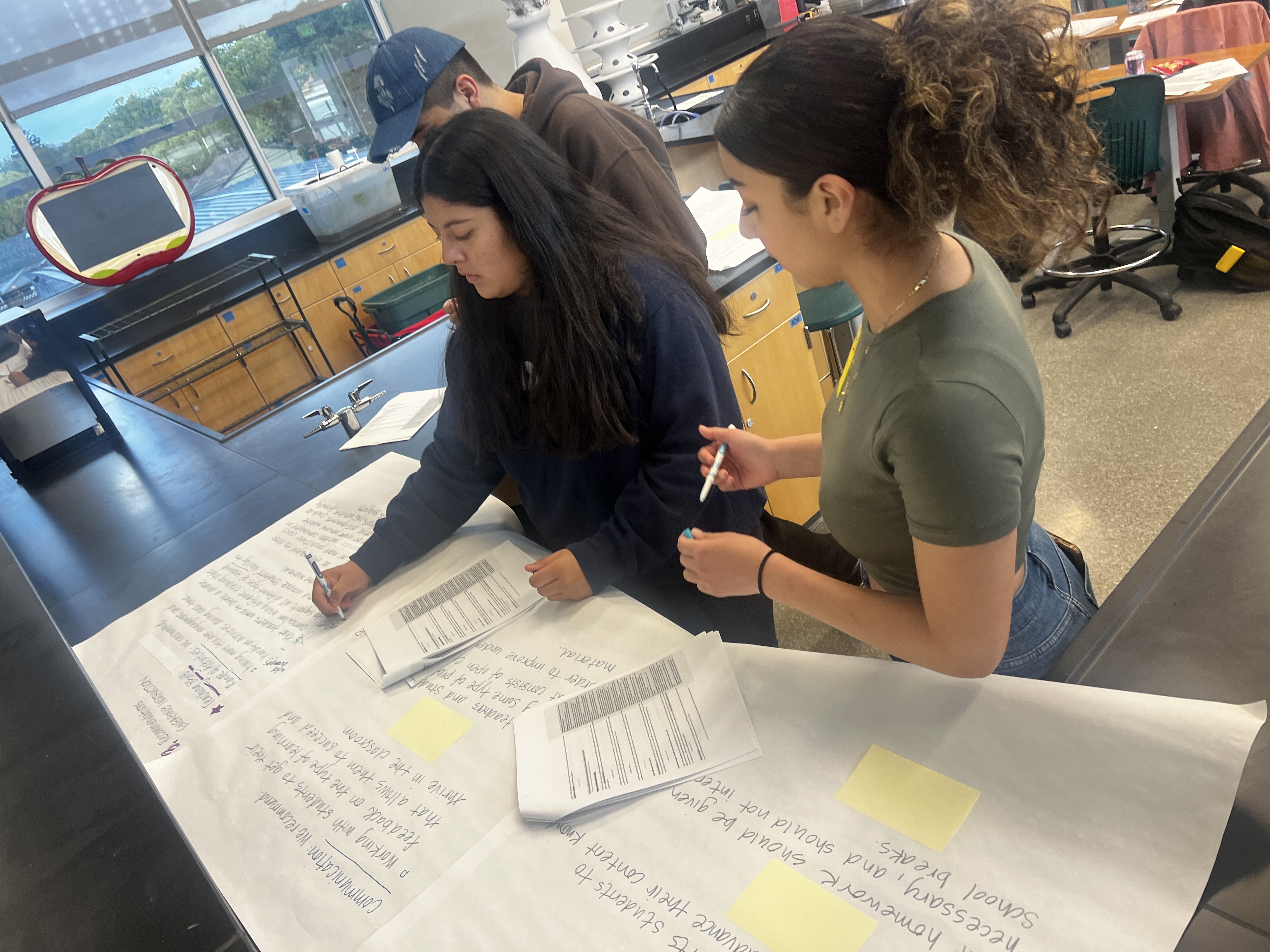Youth-led research
The Gardner Center has a particular strength in helping its partners hear from community members who are often overlooked or difficult to reach — and that includes young people.
Why it’s important
Traditional methods to advance research about youth tend to center adult researchers as the “experts” and young people as the subjects.
Since its founding, the Gardner Center has turned this model on its head — tapping young people to serve as researchers about the issues most important to them and their peers.
Also called "Youth Participatory Action Research," this approach creates more authentic and honest insights, helps student researchers build leadership and communications skills, and offers organizations critical information about how best to serve the young people in their communities.
Evolving models
One of the Gardner Center’s earliest such programs was Youth Engaged in Leadership and Learning, a standalone curriculum that has been adopted by schools throughout the United States and around the world.
The Gardner Center has since embraced a new youth-led research model that is deployed within its existing community partnerships. Established in 2020, the Youth Action Research Fellowship centers our community partners and the questions they need answered to serve marginalized youth — and then includes those young people themselves as the researchers.

Youth researchers consolidate their findings before coding them and identifying common themes.

A recent student cohort presented their insights about dual enrollment during a Los Angeles conference.
- Youth researcher
- John W. Gardner, 1968

